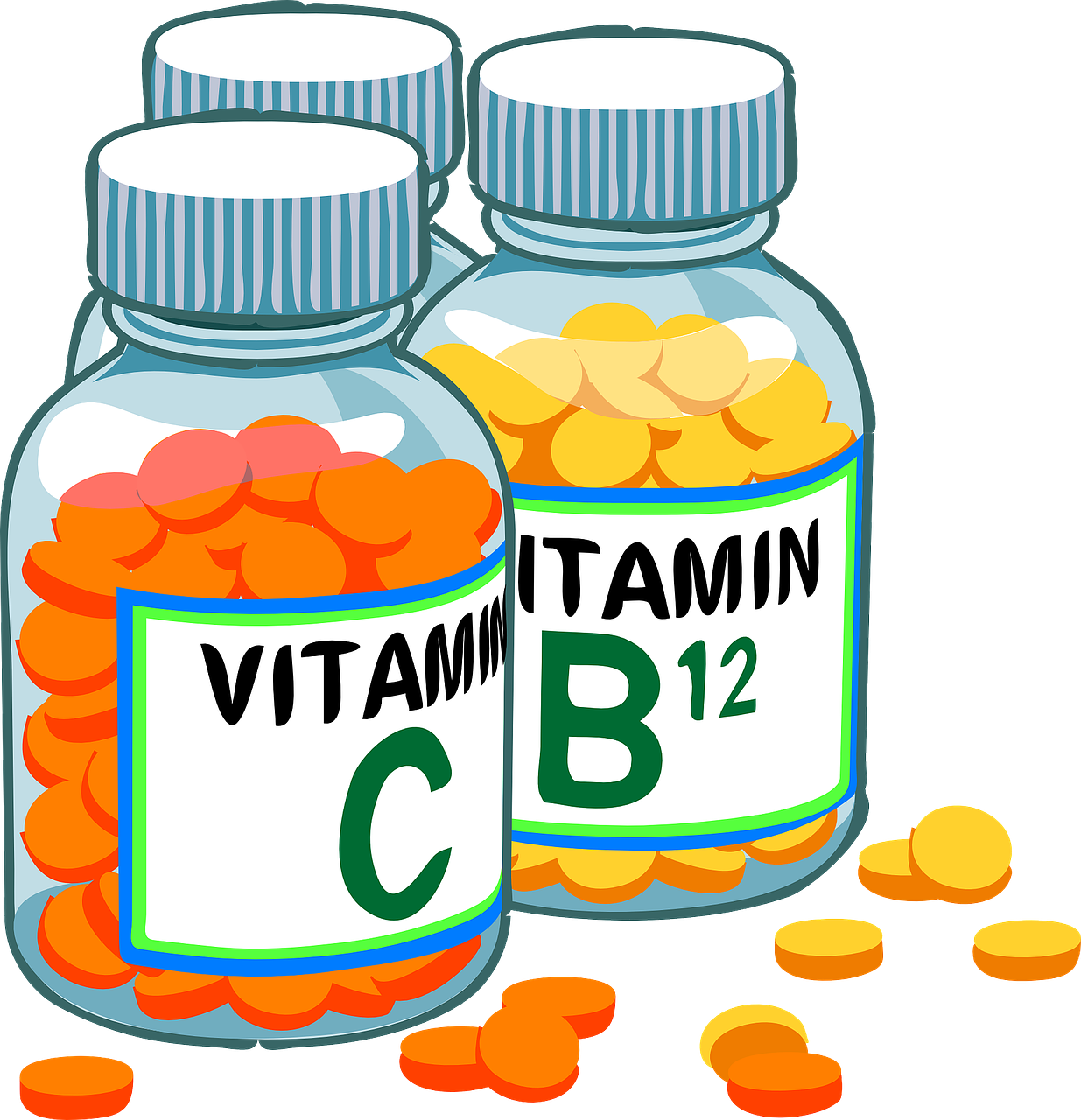Allergies & Immunology
Boost Your Immunity With Vitamins and Minerals
By I.K. (staff writer) , published on July 04, 2020

Medicine Telehealth Immunity COVID-19 Vitamins Minerals Vitamin B12 VitaminB6 VitaminC Selenium Magnesium
We cannot afford compromised immune system amidst a global pandemic. Although none of the vitamins and minerals has a role in “curing” COVID-19 infection, they can help us “fight” it. Supplementing our daily dietary habits can make our immunity game strong and make us ready to fight against the “Giant” of Coronavirus pandemic.
Vitamin B12
Vitamin B12 is one of the water-soluble vitamins which our bodies much replenish daily. They are also known as cobalamins because they contain cobalt. B12 has a key role in red blood cell development and normal DNA maintenance which is required to keep the body in top shape. B12 helps the body’s metabolism of converting food into energy needed by the body to work throughout the day. It is further involved in the synthesis of B-cells and the multiplication of T-cells. All these factors, when combined, contribute to a healthy immune system that will fight with illness all your life. It occurs naturally in many types of foods and is available as a normal part of most diets. [1]
Vitamin B6
Also known as pyridoxine. It benefits the central nervous system. Its functions include the production of the neurotransmitters norepinephrine, serotonin, and forming myelin. Vitamin B6 is also required to maintain the health of spleen, lymph nodes, and thymus. Vitamin B6 gives support to many biochemical reactions that occur in the immune system. This is why vitamin b6, for sure, affects the immune system. Most of daily life food contains vitamin B6. A person having a balanced diet would not face its deficiency until he is taking any medication.[2]
Vitamin C
Vitamin C is a potent antioxidant that bossts immune system at multiple levels. Vitamin C strengthens our physical barrier against the pathogen, aka skin and mucos membranes, preventing its entry. With its strong antioxidant properties, it reduces the oxidative stress in our body, enabling our immne system to efficiently fight against the disease without wearing out too early. Ading to its goodness, Vitamin C enhances microbial killing at cellular level by improving chemotaxis, phagocytosis, and generation of reactive oxygen species by neutrophils. Therefore, owing to its amazing immune fortifying benefits, one should prophylactically take at least 100–200 mg/day of Vitamin C to prevent infections. [3]
Selenium
Selenium (Se) is a strong nutritional antioxidant. Most of the studies have indicated that selenium enhances both cell-mediated and humoral immune response, and deficiency of selenium demonstrated less robust immune responses to viruses, tumors, and allergens. However, it is still unclear whether selenium boosts all types of immune responses. Through the selenoproteins, selenium can affect three wide-ranging areas of cell function through antioxidant activities, thyroid hormone metabolism, and regulation of the activity of redox-active proteins. All of these over-all effects on metabolism might link with more specific processes that will affect the immune system. Lymphocytes, which are deficit in selenium, have reduced ability to multiply after exposure to mitogen. Moreover, selenium deficiency weakens the synthesis of leukotriene B4 within macrophages resulting in ineffective neutrophil chemotaxis.[4]
Magnesium
Magnesium (Mg) has a strong relationship with the immune system, including both the non-specific and specific immune response, also called innate and acquired immune response. Magnesium availability affects the production and activity of granulocytes and mononuclear phagocytes. Magnesium deficiency might reduce immunoglobulin G (IgG) levels and IgE levels. It exerts a large variety of biological functions, ranging from structural roles by complexing negatively charged groups such as phosphates in nucleic acids, control role in enzyme activation or inhibition, and regulatory purposes by modulating cell proliferation, cell cycle progression, and differentiation.[5]
REFERENCES
[1] https://www.ncbi.nlm.nih.gov/pmc/articles/PMC1905232/
[2] https://pubmed.ncbi.nlm.nih.gov/16670691/
[3] https://www.ncbi.nlm.nih.gov/pmc/articles/PMC5707683/
[4] https://www.ncbi.nlm.nih.gov/pmc/articles/PMC3723386/
[5] https://pubmed.ncbi.nlm.nih.gov/3075245/
Find articles related to: Medicine Telehealth Immunity COVID-19 Vitamins Minerals Vitamin B12 VitaminB6 VitaminC Selenium Magnesium
More articles about Allergies & Immunology
Back to the Health Tips Index




